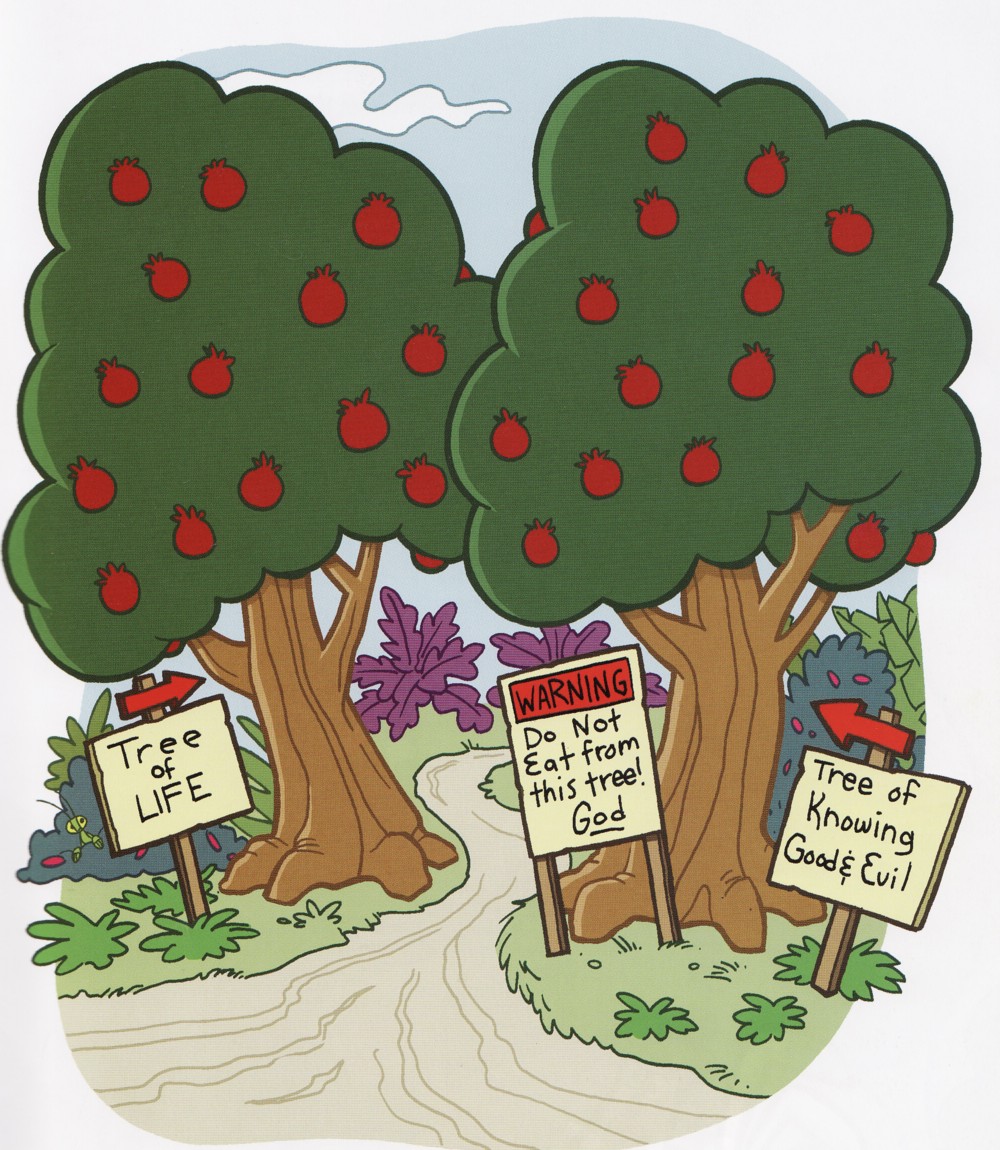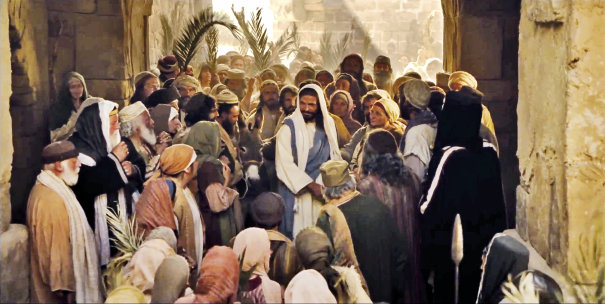
“If anyone would come after me, let him
deny himself and take up his cross and follow me.”
Mark 8:34
“Who wants go to
heaven some day?” asked Miss Wilson of her preschoolers. Every hand went up and
she beamed with joy at her class of 30 “converts.” Bill got the same results at
the county jail when he asked if any of the incarcerated men were “Christians.”
Nine out of ten nodded. Likewise, teenagers smoking pot behind the gym laughed
through a smoky haze about the times they “got saved” at youth camp, VBS, or
when a friend forced them down the aisle at church. We’ve come to accept such
claims as valid, but do those situations sound anything like Jesus’ definition
of following Him?
Nowhere in
scripture do we find commands to “ask Jesus into your heart,” “pray this prayer
after me,” or “accept Christ.” Those phrases are attempts to explain the
spiritual transaction that must take place in order to begin a relationship
with God. Jesus called it being “born again” (John 3:3). But we have substituted the idea that “Christian”
means checking the right boxes on a heavenly survey. However, Jesus was
startlingly clear about what it means to know Him. He doesn’t take the back
seat. He doesn’t offer to be “part” of our lives. Unless He is first in our
lives, we are not His followers. If we won’t choose Him over everyone and
everything, we are not worthy of Him (Matt. 10:37-38). Taking up our cross means we are willing to die to
everything that displeases Him. When we do, we find more than an escape from
Hell. We find that He is all we were looking for.


















